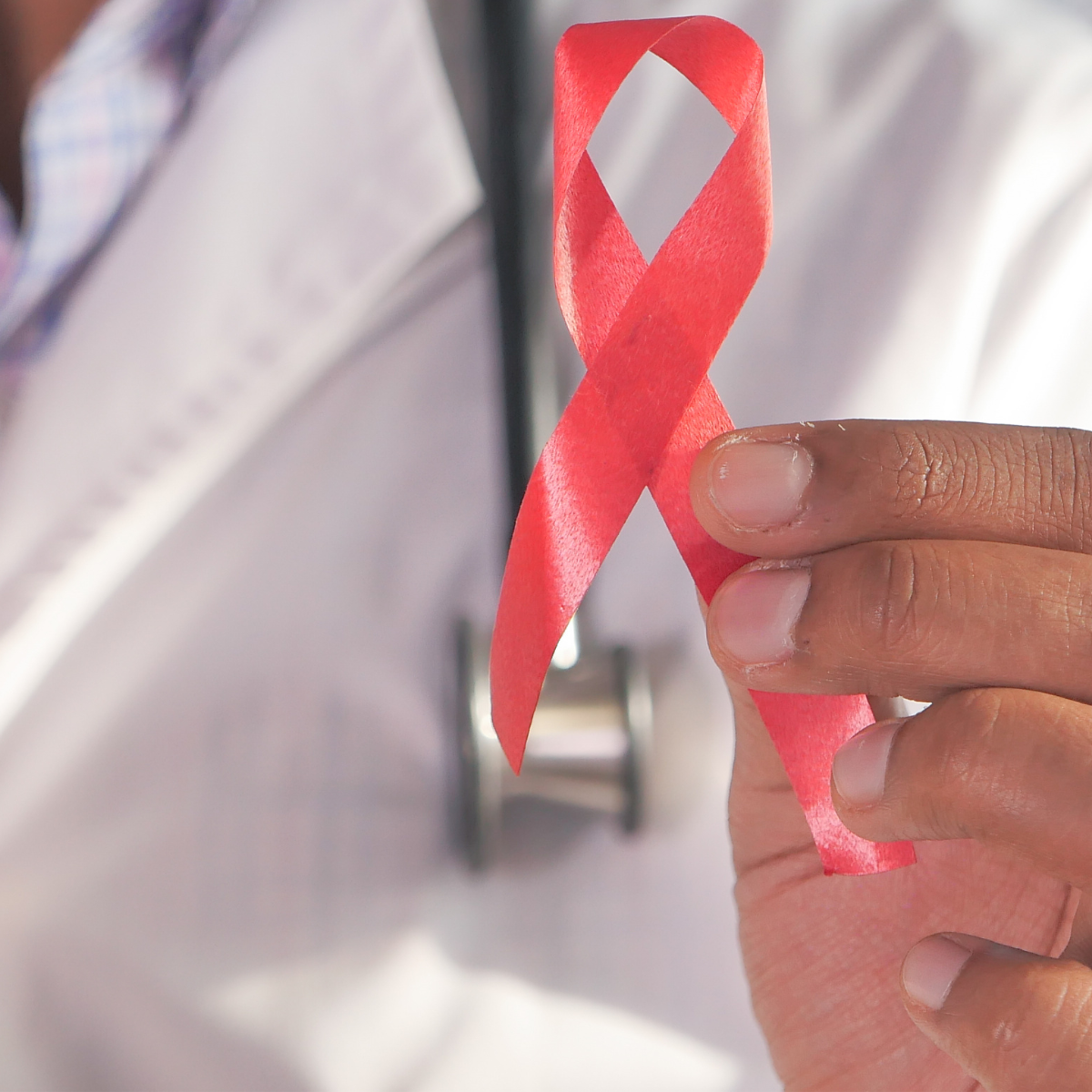Cancer is one of the leading causes of death globally, but did you know that many daily habits can significantly lower the risk of developing this disease? By making simple, yet impactful changes to your lifestyle, you can create a protective shield against cancer. A combination of healthy habits, ranging from diet adjustments to exercise routines, can strengthen your body and reduce your cancer risk. In this article, we will discuss the key daily habits that contribute to cancer prevention, helping you take proactive steps towards a healthier future.
1. Maintain a Healthy Diet
A balanced diet is one of the most important factors in cancer prevention. Studies have shown that a diet rich in fruits, vegetables, whole grains, and lean proteins can lower the risk of developing several types of cancer, including colorectal, stomach, and breast cancer.

Why It Works
Fruits and vegetables contain antioxidants, vitamins, and minerals that protect the body from oxidative stress and inflammation, both of which can trigger cancer. Fiber-rich foods like whole grains and legumes can aid digestion and reduce the risk of colorectal cancer by promoting regular bowel movements. Additionally, plant-based foods, particularly cruciferous vegetables like broccoli, cabbage, and cauliflower, have been shown to have cancer-fighting properties due to their high levels of phytochemicals.
Tips to Follow
- Incorporate at least five servings of fruits and vegetables into your daily meals.
- Choose whole grains over refined grains to boost fiber intake.
- Limit processed foods, especially those high in added sugars and unhealthy fats, as they contribute to obesity and increased cancer risk.
2. Exercise Regularly
Physical activity is not only crucial for overall health but also for reducing cancer risk. Engaging in regular exercise, whether it’s walking, swimming, or weightlifting, has been linked to a lower risk of several cancers, including breast, colon, and lung cancer.
Why It Works
Exercise helps regulate hormone levels, control weight, and reduce inflammation. It also boosts the immune system, enabling the body to more effectively fight off abnormal cells before they become cancerous. Regular physical activity can also prevent obesity, a known risk factor for several types of cancer, such as breast, prostate, and endometrial cancer.
Tips to Follow
- Aim for at least 150 minutes of moderate-intensity exercise each week or 75 minutes of vigorous-intensity exercise.
- Include strength training exercises twice a week to build muscle and increase metabolism.
- Incorporate activities that you enjoy, such as dancing, cycling, or hiking, to make it easier to stay consistent.
3. Avoid Tobacco Products
Tobacco use is one of the leading preventable causes of cancer. Smoking and chewing tobacco are directly linked to cancers of the lungs, mouth, throat, esophagus, and several other organs. The harmful chemicals found in tobacco smoke can damage DNA and lead to cancer development over time.
Why It Works
Tobacco products contain carcinogens, substances that can cause changes in the DNA that may lead to cancer. Even secondhand smoke can increase the risk of cancer in non-smokers, especially lung cancer.
Tips to Follow
- If you currently smoke, seek support to quit. There are many resources, including counseling, medications, and support groups, that can help you quit smoking.
- Avoid exposure to secondhand smoke by staying in smoke-free environments.
- Stay clear of e-cigarettes, as research is still uncovering the potential cancer risks associated with these products.
4. Limit Alcohol Consumption
Alcohol consumption is another lifestyle factor that can increase the risk of developing several types of cancer, including liver, breast, and mouth cancer. While moderate drinking may not significantly increase cancer risk, excessive consumption can be harmful to your health.
Why It Works
Alcohol is broken down in the liver, and some of its metabolites can damage DNA and contribute to the development of cancer. Additionally, drinking alcohol can increase estrogen levels in women, which is a known risk factor for breast cancer.
Tips to Follow
- If you drink alcohol, do so in moderation. The American Cancer Society recommends no more than one drink per day for women and two drinks per day for men.
- Avoid binge drinking, as it significantly increases the risk of cancer.
- Choose lower-alcohol beverages, such as light beer or wine, and drink plenty of water between alcoholic drinks.
5. Get Enough Sleep
Adequate sleep is often overlooked, but it plays an important role in cancer prevention. Sleep is essential for the body’s repair processes and helps maintain a healthy immune system, which is vital for protecting against cancer.

Why It Works
Poor sleep or insufficient rest can disrupt the body’s natural circadian rhythms and hormone levels, leading to increased inflammation and a weakened immune system. Both of these factors can increase the risk of cancer. Additionally, chronic sleep deprivation has been linked to higher rates of certain cancers, including breast and prostate cancer.
Tips to Follow
- Aim for 7 to 9 hours of quality sleep each night.
- Create a bedtime routine that helps you relax, such as reading a book or taking a warm bath.
- Maintain a regular sleep schedule by going to bed and waking up at the same time each day.
6. Manage Stress Effectively
Chronic stress can have a negative impact on overall health and increase the risk of developing cancer. Stress leads to the release of harmful hormones, such as cortisol, which can contribute to inflammation and lower the immune system’s ability to function properly.
Why It Works
High levels of stress over a long period can cause changes in the body that make it more susceptible to diseases, including cancer. Stress can also lead to unhealthy coping mechanisms, such as poor eating habits, smoking, or excessive alcohol consumption, which increase cancer risk.
Tips to Follow
- Incorporate stress-relief practices into your daily routine, such as meditation, yoga, or deep breathing exercises.
- Engage in physical activities like walking or swimming to help release built-up tension.
- Spend time with loved ones, enjoy hobbies, or take breaks to relax and recharge.
7. Protect Your Skin from the Sun
Exposure to ultraviolet (UV) radiation from the sun is a leading cause of skin cancer, including melanoma. Protecting your skin from excessive sun exposure can significantly reduce your risk of developing skin cancer.
Why It Works
UV rays can damage the skin’s DNA, causing mutations that can lead to skin cancer. Even mild sunburns can increase the risk of developing skin cancer over time.
Tips to Follow
- Use sunscreen with at least SPF 30 whenever you’re outdoors, even on cloudy days.
- Wear protective clothing, such as hats and sunglasses, to shield your skin from the sun.
- Avoid tanning beds, as they also expose the skin to harmful UV radiation.
8. Stay Hydrated
Drinking plenty of water is essential for overall health and can help reduce the risk of cancer. Hydration aids digestion, promotes detoxification, and helps maintain healthy organs, including the kidneys and bladder.
Why It Works
Dehydration can impair the body’s ability to flush out toxins and waste, which may contribute to cancer development. Additionally, staying hydrated helps maintain the health of the digestive system, reducing the risk of colon and bladder cancer.
Tips to Follow
- Drink at least 8 cups of water per day.
- Avoid sugary beverages, as they can contribute to weight gain and increase cancer risk.
- Drink herbal teas or infuse your water with fruits for added flavor and nutrients.
Conclusion
Incorporating these daily habits into your routine can significantly reduce your risk of cancer. By focusing on a balanced diet, regular exercise, stress management, and other cancer-preventive practices, you can build a strong foundation for a healthier life. Small changes in your daily routine can make a big difference in protecting your body from cancer and other chronic diseases. Start today, and make cancer prevention a priority in your life!

Leave a Reply